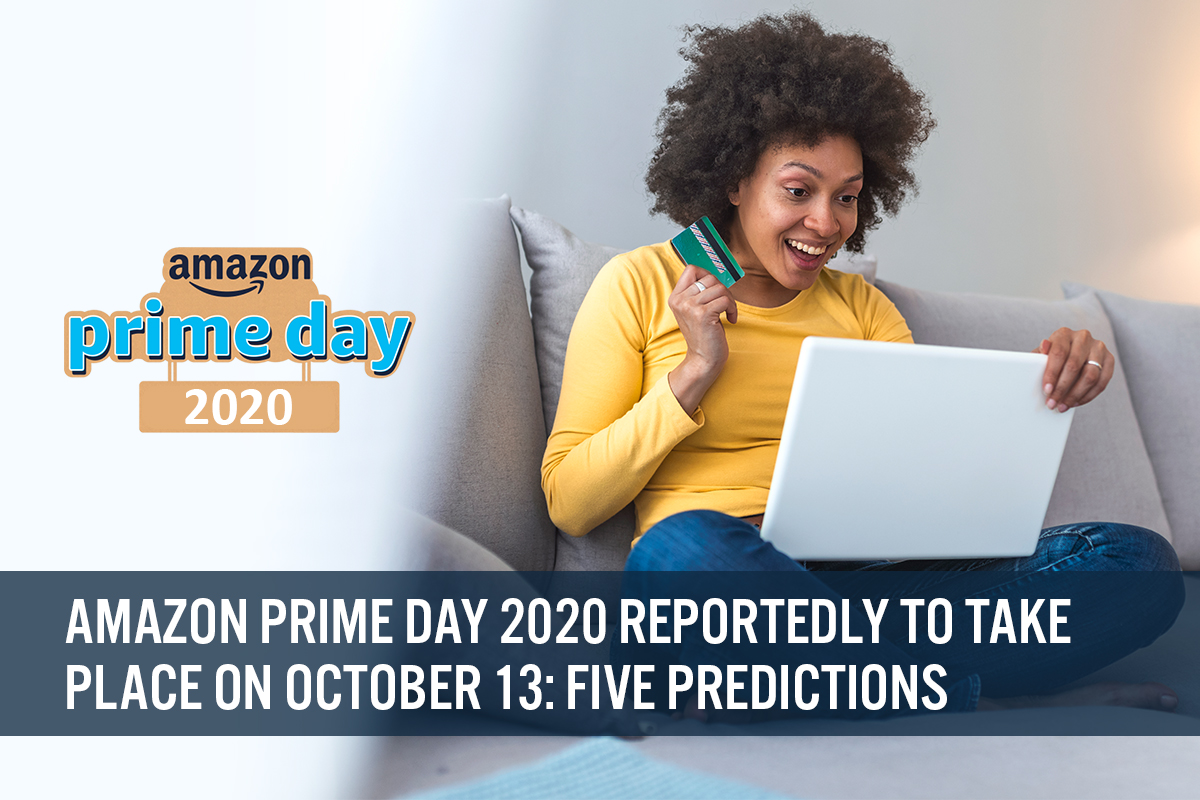
Nitheesh NH
Prime Day has become a major event in the retail calendar—yet, like so much in 2020, Covid-19 has disrupted the scheduling of this shopping festival. In the US and other Western markets, Amazon delayed the event from July in the context of supply chain pressures due to surging online orders and restricted work practices amid the pandemic. Amazon has confirmed only that it will host the event in the fourth quarter.
On September 23, news website CNET reported that a number of sources had confirmed that Amazon is planning for an October 13 Prime Day and that it has restricted vacations for its (presumably US-based) warehouse workers for the period October 13–20. In prior years, Prime Day has been held in July.
Amazon India hosted Prime Day on August 6–7 to tactically avoid the fortnight of Shradh, which occurs in early September, as well as the Indian festival season.
Amazon’s separate Black Friday Sale is reportedly to start in the US on October 26.
Here’s What We Expect
Here are our five key expectations of Prime Day 2020:
- An earlier Prime Day will contribute significantly to the expansion of the holiday season into October this year. In the context of surging online demand, an extended holiday season will be good news to retailers and logistics firms facing bottlenecks in fulfillment of e-commerce orders.
- October 13 falls very shortly after the October 9–12 date of the new 10.10 Shopping Festival, launched by Coresight Research, Shopkick and Fashwire. Retailers can look to preempt Prime Day through participation in the 10.10 Shopping Festival or by offering their own promotional campaigns or events ahead of Prime Day.
- We estimate that Amazon’s global sales during Prime Day 2020 could hit approximately $8 billion, up from an estimated $6 billion in 2019.
- Some 38% of US holiday shoppers in our September survey told us that they expect to shop on an October Amazon Prime Day—well ahead of the more traditional Black Friday (21%) and Cyber Monday (33%) events. And remember, only Prime members can get Amazon’s Prime Day deals. In March, we recorded 54.3% of survey respondents personally having an Amazon Prime membership and a further 27.3% having access to Prime benefits through someone else in their household (while not having a Prime membership themselves).
- Given the abovementioned pressures on e-commerce fulfillment, we could see a further extension of Prime Day this year, to spread demand over a longer period. Last year, Amazon extended Prime Day from 36 hours to 48 hours. Like most details of Prime Day, the length of this year’s event is unconfirmed, although it lasted for two days in India.
- In 2019, Target Deal Days ran from July 15 through July 16, the same days as Amazon Prime Day—but we have not seen the company launching Deal Days this year due to the pandemic.
- Online marketplace eBay’s “Crash Sale” on July 25, 2019 was also a splash that brought a wave of deals, from top electronics and home items to fashion and accessories. However, this year, the retailer has not announced plans for the event.
- Walmart launched a “Google Week” from July 8 to July 16 in 2019, offering smart home devices, but did not repeat the sales event in 2020.